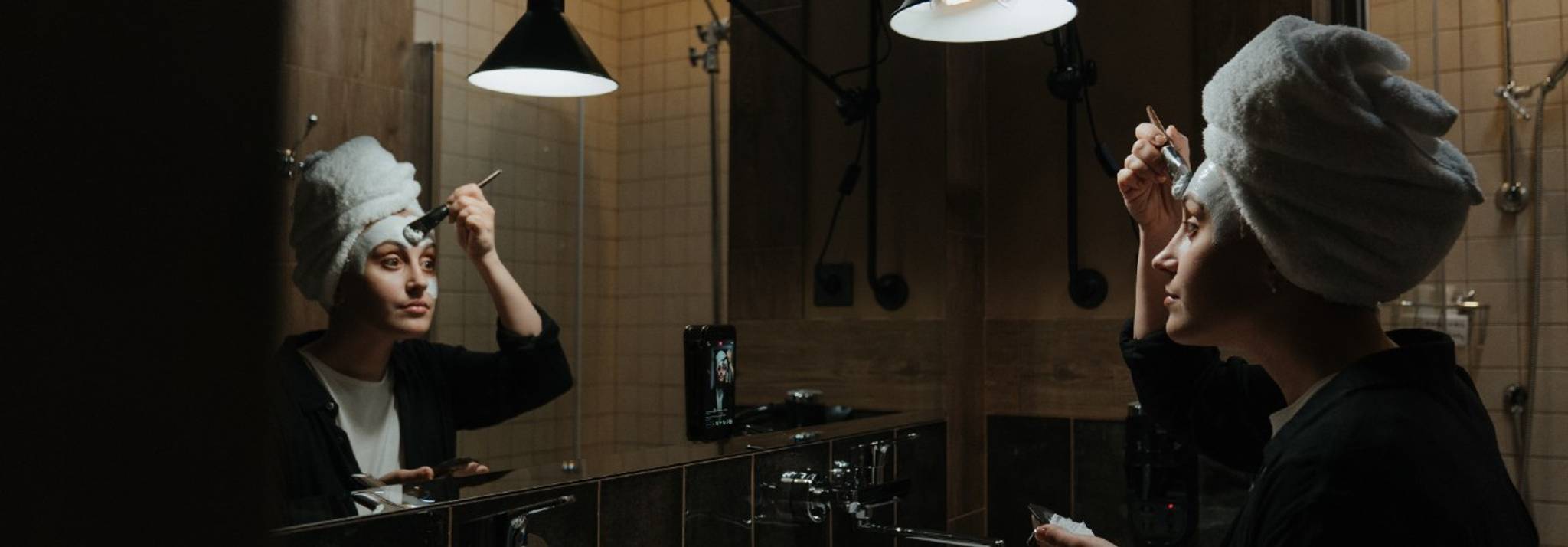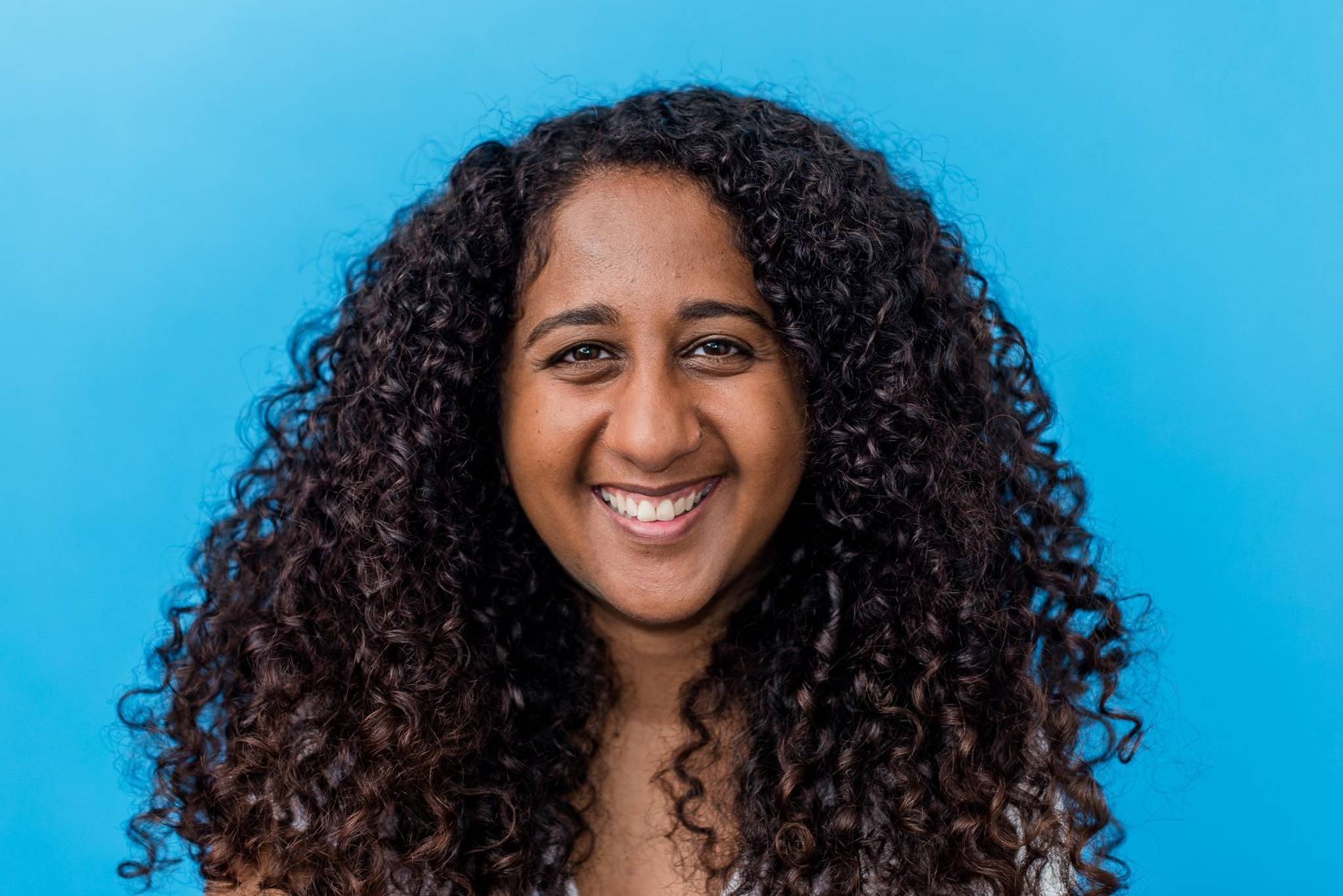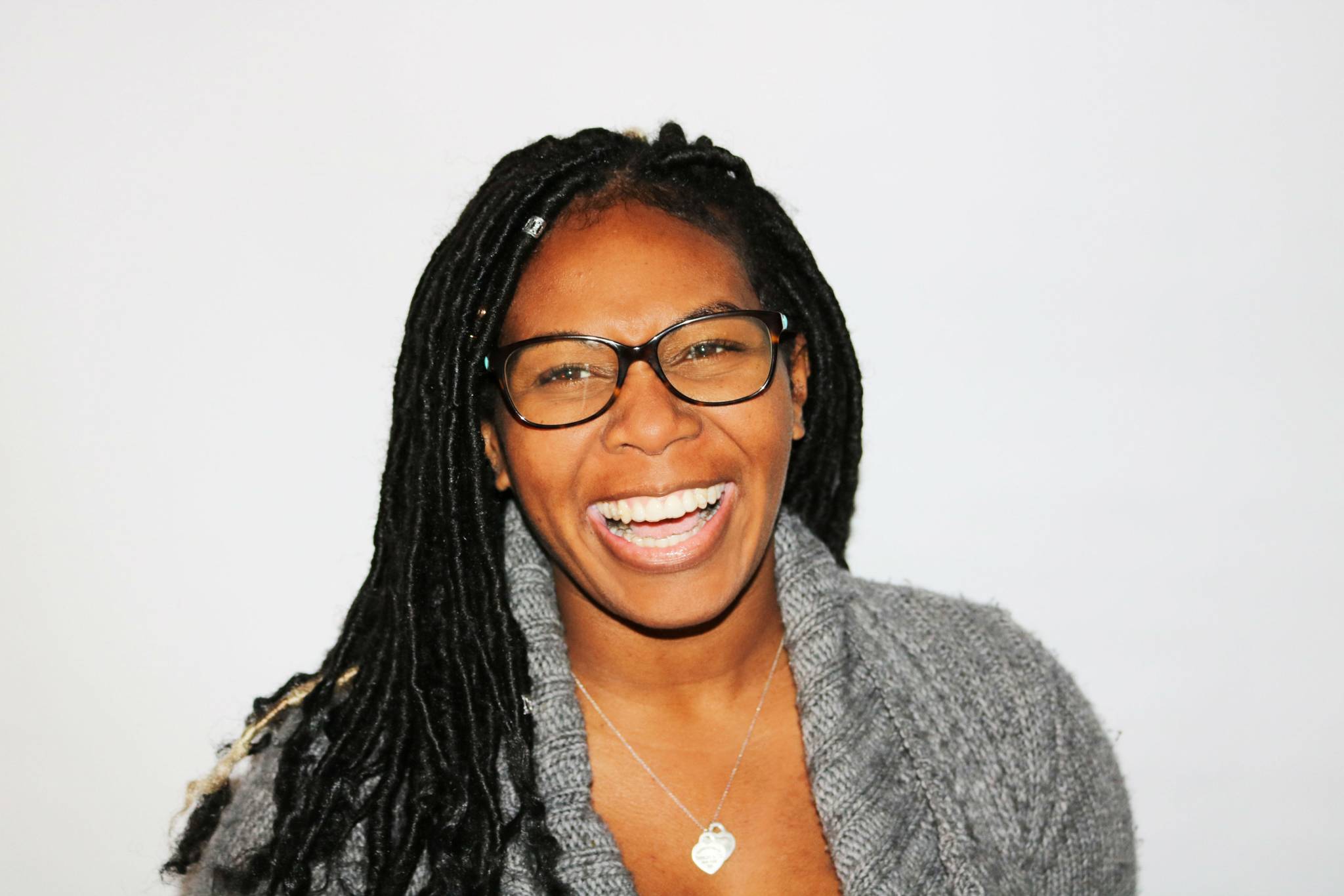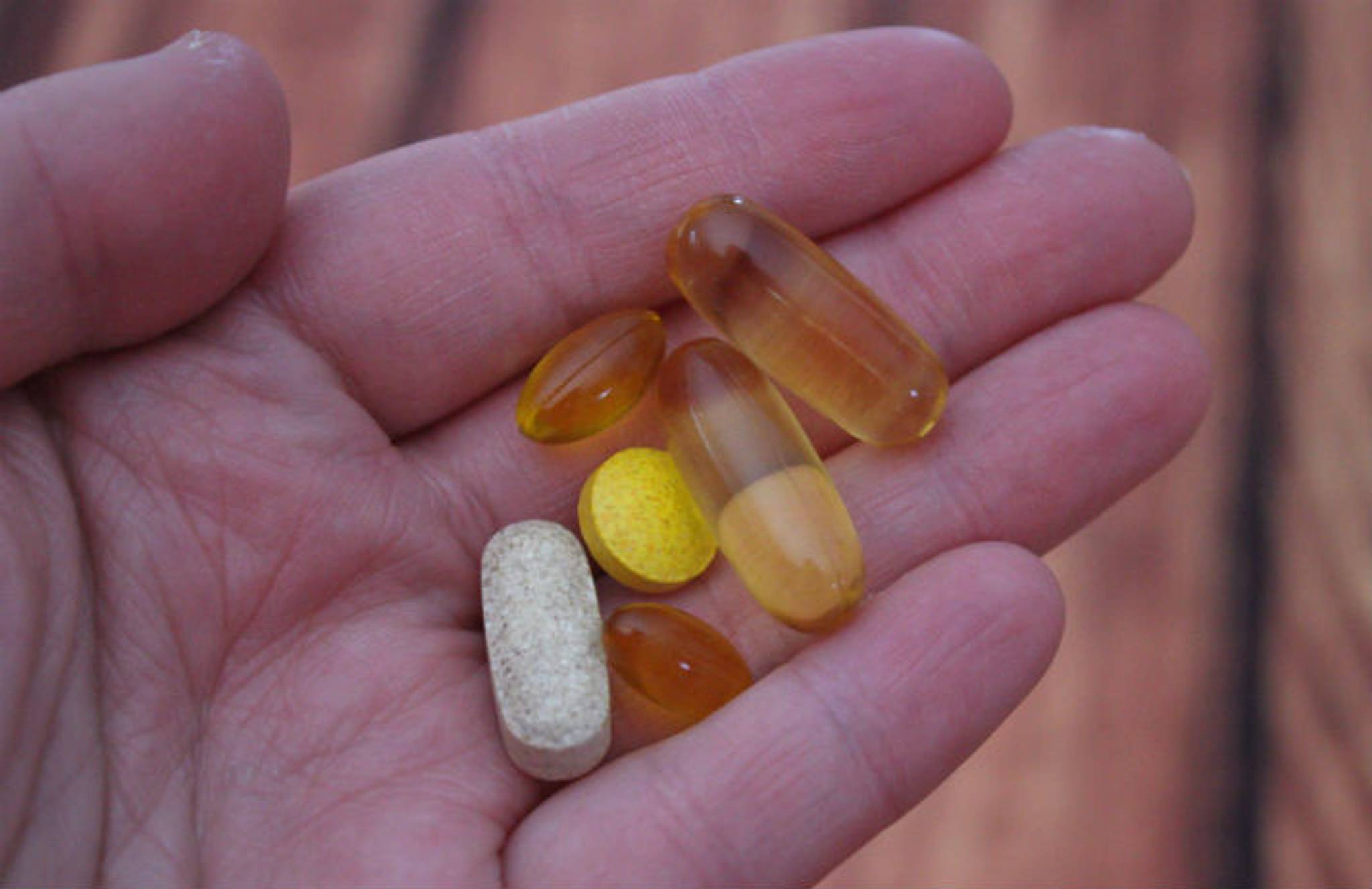
As people take a more considered approach to the ingredients in their skincare, brands are responding with products that cater to diverse skin types and tones – but finding expert validation isn’t simple. E-commerce platform RealSelf is bringing a layer of expertise to skincare. We explore the insights behind this and dig into the growing appeal of science-backed beauty.
A survey by medical aesthetics community RealSelf shows that while 80% of beauty consumers want informative details when considering skincare products, only 30% are able to find them where the products were sold. Catering to this gap, RealSelf is launching an e-commerce platform, RealSelf Shop, designed for purchasing expert-curated and science-backed skincare products.
Boasting decades of industry experience, the brand combines expert advice with innovative technology to help customers make smart skin decisions. The platform moves away from ‘hype’, instead emphasising the science behind the products. It also offers membership programs that allow customers to earn rewards points from purchases that can be redeemable towards any aesthetic treatments, helping make beauty routines more accessible.
The worldwide skincare market was worth $136 billion in 2019, with a projected value of $169 billion by 2025. While the diverse array of skincare products and services continues to grow, from edible skincare to tailored perimenopausal care, many are beginning to seek additional layers of validation. This desire for expert guidance has been turbo-charged by the pandemic’s widespread circulation of misinformation.
As people grow increasingly sceptical about the credibility of things, many are turning to figures of scientific authority. Indeed, 76% of people globally point to healthcare as the most trusted sector. In an oversaturated market filled with false or ‘hype’ information, brands can win trust by adding a layer of reassurance in the form of science-backed information.
Leila Zadeh is a cultural anthropologist with an MA from UCL. She's especially interested in the relationship between humans and digital-era technology and how they imbricate with other cultural and social systems. Outside work she loves going to museums, dancing ballet, and reading historical fiction novels.



